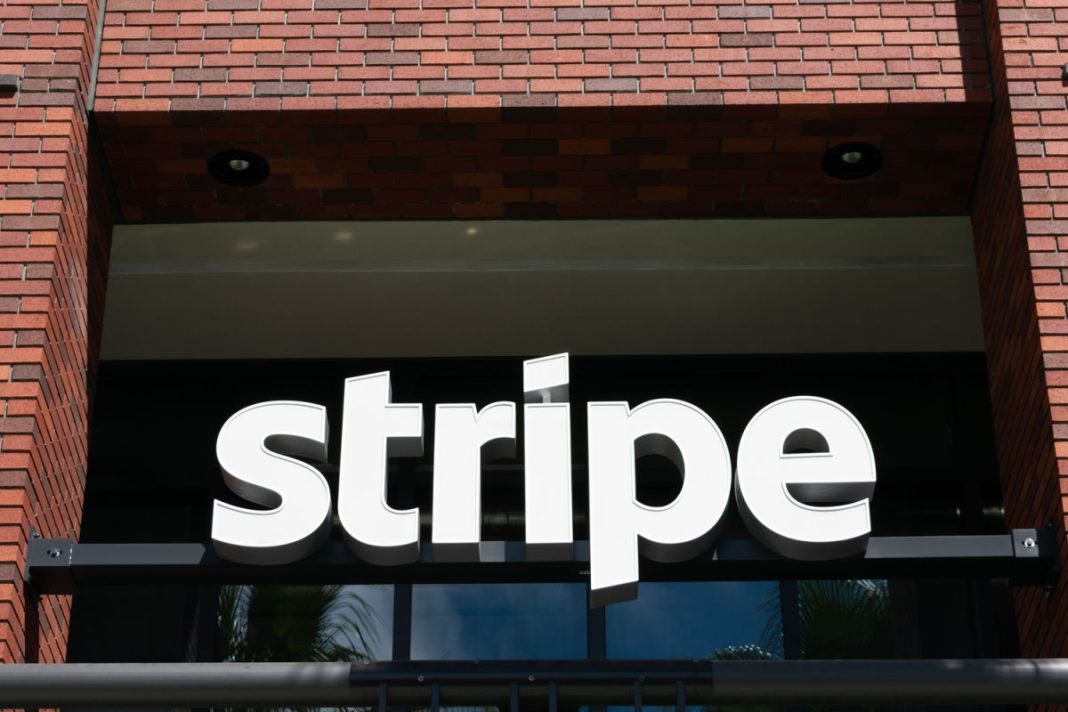Financial service Stripe is reportedly edging closer to finalising a $3bn round of funding that will give the firm a valuation of $55-60bn.
This comes after Stripe reduced its internal valuation by 11% making it the third cut since June last year. The latest cut, which occurred this month, indicates that the financial firm is valued at approximately $63bn, 33% lower of what investors projected it to be ($95bn).
Stripe was valued at the $95bn mark in June 2021 after a $600m funding round. But the company had its internal value cut by 28% last June and then made a lesser cut in October in which overall, Stripe was slashed 40% of its internal value across a six month period.
This 409a valuation is often used by companies to cut the price of stock-based compensation that employees hold. This also indicates that Stripe is aiming to reset investors’ expectations if the firm decides to go public.
After last summer’s 409a valuation, Stripe’s valuation was cut by 28% during a difficult period for tech companies. The firm also cut its workforce down by 14% last November.
The deal comes from funds from existing investors to hand liquidity to employees who have been promised future shares and for those whose shares are expiring. Despite this, Stripe is still hesitant on whether to go public or not, according to The Information.
As talks between Stripe and investors have prolonged for the last several months, the funding news also comes as Stripe pondered the option of either allowing employees to sell shares within the company, or for the company to go public over the next year.
This was reported by the Wall Street Journal (WSJ) which described Stripe’s angling for a public listing as “one of the biggest public-market debuts in recent memory”. The WSJ also revealed that Stripe has enlisted the support of Goldman Sachs and JP Morgan Chase to advise the firm of its options.
A private company since its inception in 2010, Stripe has been affected by recent economic pressures such as hiking interest rates and an impending US recession have forced many companies to delay any official public listings.
Stripe is reportedly likely to ignore an initial public offering (IPO) and perform a direct listing instead, according to the WSJ. This is because the firm believes it does not need to raise capital and have shareholders who they believe will sell their shares.























